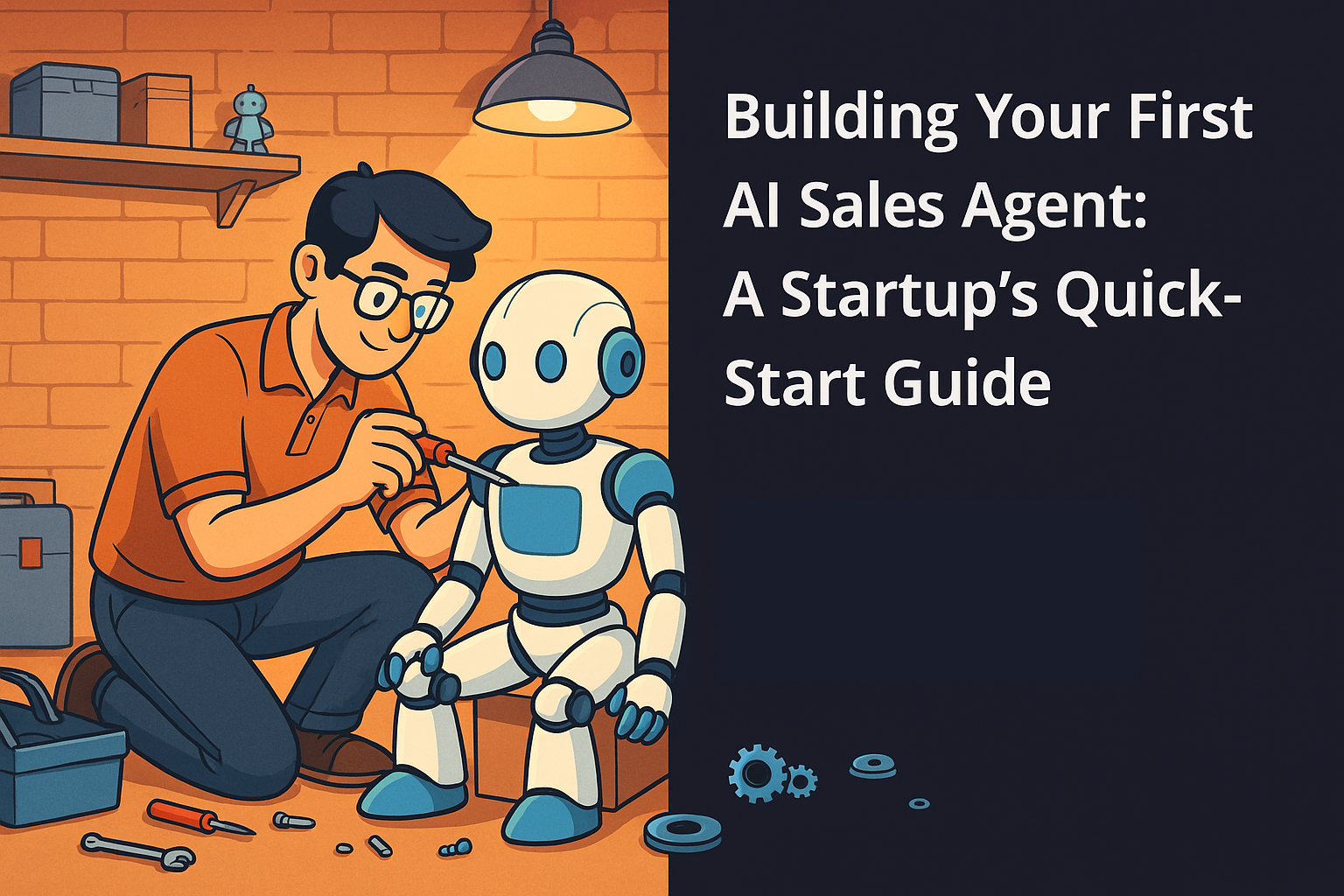VCs can play a crucial role in growing your startup as they provide the necessary capital to scale. However, it's not just about the money. VCs are selective when it comes to investing. They meet with dozens, if not hundreds, of entrepreneurs but only invest in a few. If you're an entrepreneur wondering what VCs look for when meeting with startups, you need to understand that they aren't just evaluating your product. They're looking at your business from multiple angles to determine if your startup has the potential to deliver returns on their investment.
1. The Founding Team: People Over Ideas
One of the first things VCs look for when meeting with startups is the founding team. They want to know who is behind the idea, how capable they are, and whether they have the experience to execute the vision. VCs are often more interested in backing a strong team than a great idea because ideas can evolve, but a bad team won’t be able to execute them effectively. In particular, they evaluate leadership, industry knowledge, resilience, and the team’s ability to work together. A key thing VCs consider when meeting with startups is whether the founders are open to feedback and adaptable to change.
VCs are not just investing in a business—they're investing in people. They seek out founders who have complementary skills, a track record of overcoming challenges, and a deep understanding of the problem they are solving. So, when preparing for a VC meeting, focus on showcasing how your team is well-equipped to tackle the hurdles ahead.
2. Market Opportunity: Is There Room to Grow?
Another critical factor VCs look for when meeting with startups is the size of the market. Even if you have a revolutionary product, VCs want to ensure that the market you're entering is large enough to generate significant returns. They look for industries with high growth potential and scalable opportunities. Startups that address niche markets may struggle to get VC attention unless they have plans to expand into broader markets.
VCs want to see a clear path for growth, so during the meeting, it's essential to demonstrate that your product has the potential to reach a large customer base. Market trends, customer pain points, and competitor analysis are all things VCs pay attention to when meeting with startups. The bigger the market opportunity, the more likely a VC will invest.
3. Traction: Proving Demand
VCs also look for traction, which means they want proof that your business has already gained some momentum. When meeting with startups, VCs want to see early signs of customer demand. This could be demonstrated by user acquisition numbers, partnerships, revenue, or even pilot programs. The more traction you can show, the more attractive your startup becomes to investors.
VCs want to know if your product has been validated in the market. Have you secured any major clients? Are your users engaged, and is your growth rate increasing steadily? These are key indicators that VCs look for when meeting with startups. If you can show that you have strong user engagement and the potential to scale, you will make a much stronger case for investment.
4. Business Model: How Do You Make Money?
Having a great product and a large market isn't enough—VCs need to know how your startup will generate revenue. What VCs look for when meeting with startups is a clear, scalable business model. Can your startup make money, and if so, how? More importantly, is the revenue model sustainable over the long term?
During a VC meeting, be prepared to explain how you plan to monetize your product or service. Whether it’s through subscriptions, advertising, or one-time sales, VCs want to see a well-thought-out plan. They’re especially interested in high-margin business models that can generate significant returns as the company scales. Startups with recurring revenue streams, such as Software as a Service (SaaS) models, tend to attract more VC attention because they provide predictable cash flow.
5. Competitive Advantage: What Makes You Different?
Another aspect VCs look for when meeting with startups is competitive differentiation. What sets your startup apart from the competition? If your product can easily be replicated, VCs may shy away. They want to know what barriers you have in place to prevent competitors from copying your success. Whether it’s proprietary technology, unique partnerships, or a strong brand, VCs need to see that your startup has a defensible position in the market.
When VCs meet with startups, they scrutinize the competitive landscape and assess whether the startup has a sustainable advantage. It’s important to highlight what makes your startup unique and difficult to replicate. Additionally, having a clear understanding of your competitors and how you plan to outperform them will demonstrate that you’ve thought through your competitive positioning.
6. Financial Projections: Is the Business Scalable?
Financials are a crucial element VCs look for when meeting with startups. While VCs understand that startups are in the early stages and may not have a steady cash flow yet, they still want to see a detailed financial plan. They look for realistic financial projections that demonstrate how the business will scale over time.
VCs want to know how much capital is required to achieve specific milestones and when they can expect a return on investment. Having a clear and realistic roadmap, including projections on revenue, expenses, and profit margins, will help you make a solid case for investment. Be prepared to explain how you will use the funds to grow the business and what specific milestones you plan to achieve with VC backing.
7. Exit Strategy: How Do VCs Get Their Money Back?
VCs are always thinking about the end game. What they look for when meeting with startups is a clear exit strategy. How will they eventually get a return on their investment? The most common exit strategies include acquisitions, mergers, or going public (IPO). A VC needs to see that your startup has the potential to be acquired by a larger company or can grow to the point where it can go public.
Having an exit strategy in mind doesn’t mean you’re planning to sell the company tomorrow, but it shows VCs that you’re thinking about long-term growth. When meeting with startups, VCs want to know that there is a potential path to liquidity, and they will evaluate your exit options before deciding to invest.
How to Make Sure You Are What VCs Are Looking For
Understanding what VCs look for when meeting with startups is crucial for any entrepreneur seeking investment. VCs aren't just looking for a good idea—they want a strong team, a large market opportunity, traction, a solid business model, competitive differentiation, sound financials, and a clear exit strategy. Preparing for these key areas will increase your chances of securing venture capital.
When you walk into a meeting with a VC, remember that they're evaluating every aspect of your startup, not just the product. By demonstrating that your startup has strong potential in each of these areas, you'll be in a much better position to secure the funding you need to take your business to the next level.


.jpg)


.svg)